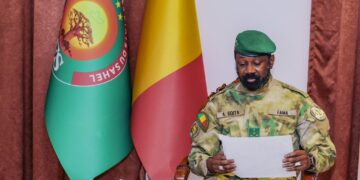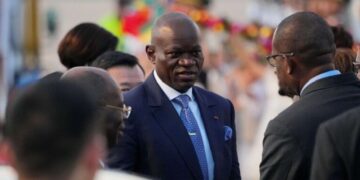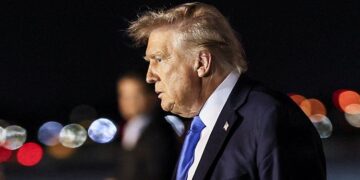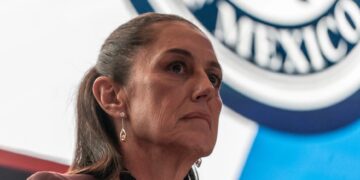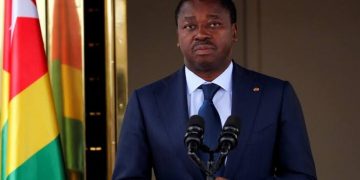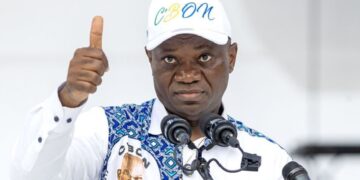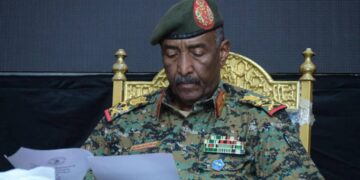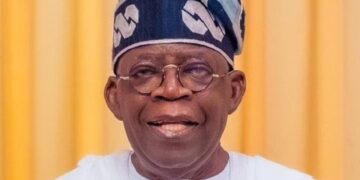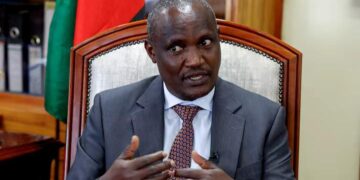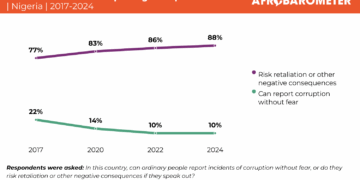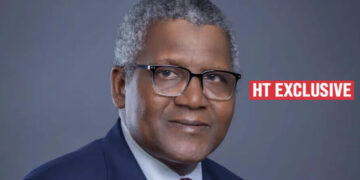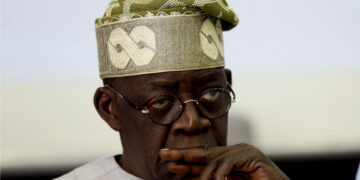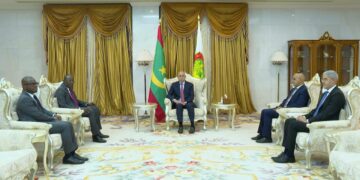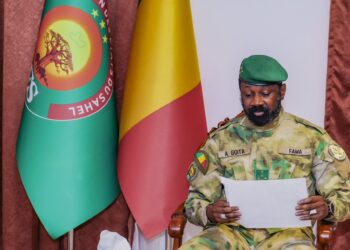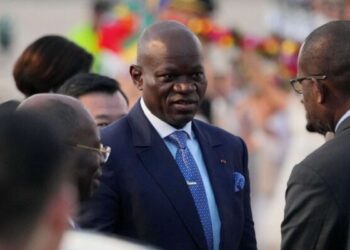The Federal Republic of Nigeria has since the year 1960 celebrated her independence from the British rule annually on October 1st.
The price of freedom for Nigeria did not come cheap as some individuals risked their lives to get us to where we are today.
Here are five of those individuals:
Chief Anthony Enahoro
He was born on 22 July 1923 and was one of Nigeria’s leading anti-colonial and pro-democracy activists.
Enahoro had a long and distinguished career in the press, politics, the civil service and the pro-democracy movement.
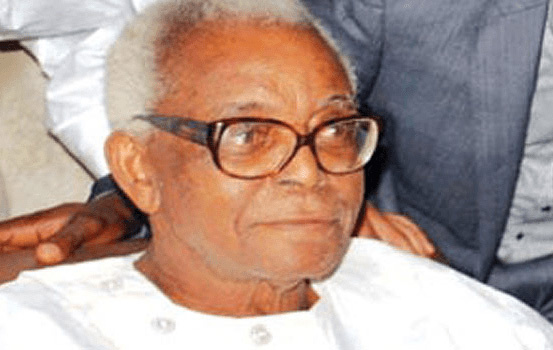
At 21, he became the editor of Nnamdi Azikiwe’s newspaper, the Southern Nigerian Defender, thus becoming Nigeria’s youngest editor ever.
In 1953, Enahoro became the first to move the motion for Nigeria’s independence which was eventually granted in 1960 after several political setbacks and defeats in parliament.
In 1963 he was extradited from the UK and imprisoned for treason and was released in 1966 by the Military Government.
Chief Obafemi Awolowo
He was born on the 6th of March 1909 and was a Nigerian nationalist and statesman who played a key role in Nigeria’s independence movement.
In 1927, he obtained an educational degree at Wesley College, Ibadan, and further enrolled at the University of London as an External Student and graduated with the degree of Bachelor of Commerce (Hons.).
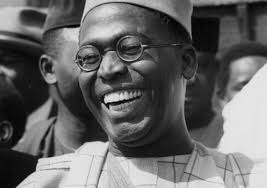
He went on to study law at the University of London in 1944.
In his book Path to Nigerian Freedom (1947) – he advocated federalism as the only basis for equitable national integration.
Sir Tafawa Balewa
Sir Tafawa Balewa was a Nigerian politician who became the first Prime Minister of Nigeria.
He was elected in 1946 to the Northern House of Assembly, and to the Legislative Council in 1947.
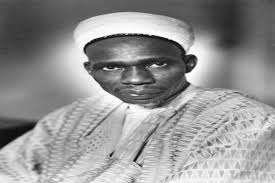
As a legislator, he was a vocal advocate of the rights of Northern Nigeria.
He supported hesitance by the North to become independent, based on the objection that the north and south regions were not on an equal footing.
Chief Nnamdi Azikwe
Chief Benjamin Nnamdi Azikiwe was one of the leading figures of modern Nigerian nationalism.
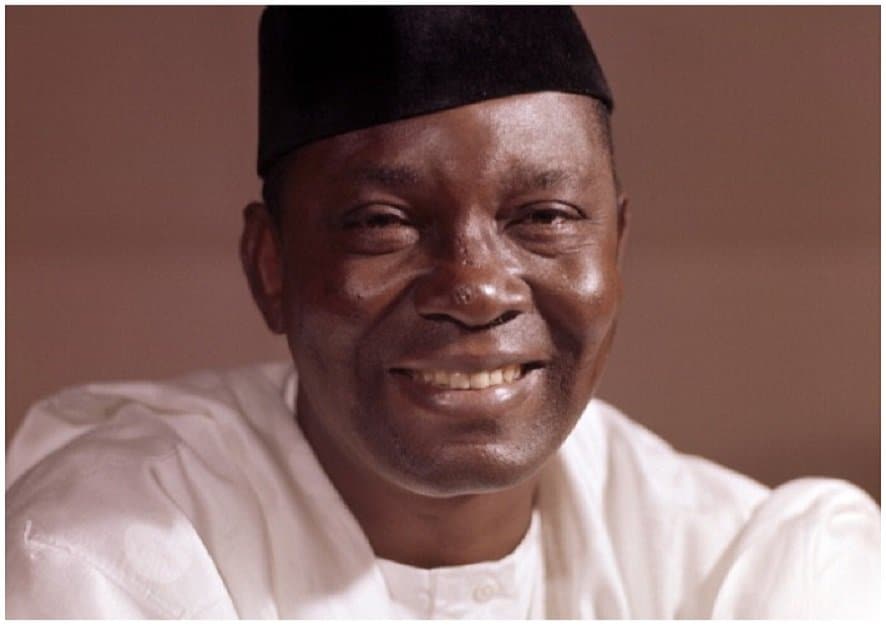
Fondly referred to as Zik, Nnamdi promoted pro-African nationalist agenda while he worked as an editor for African Morning Post. He became the first Nigerian to be named to the privy council of the United stated.
Following the declaration of Nigeria as a republic, Dr Nnamdi fought relentlessly for an independent but unified Nigeria. He was the first Nigerian President.
Chief Funmilayo Ransome-Kuti
She was born on the 25th of October 1900. She was a Nigerian educator, political campaigner, and women’s rights activist.
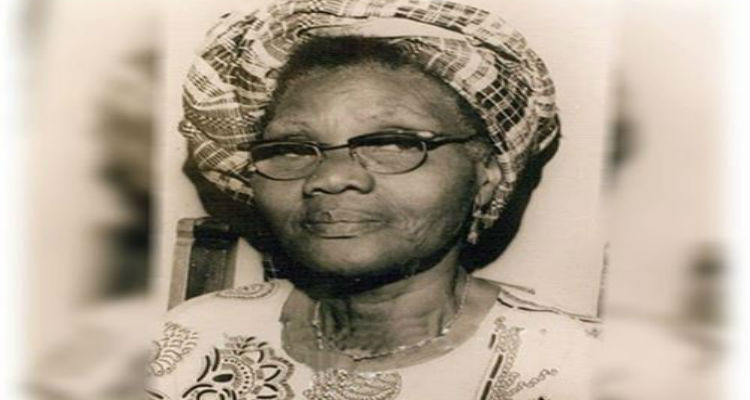
During the 1940s, Ransome-Kuti established the Abeokuta Women’s Union and fought for women’s rights, demanding better representation of women in local governing bodies and an end to unfair taxes on market women.
As Ransome-Kuti’s political influence grew, she took part in the Nigerian independence movement, attending conferences and joining overseas delegations to discuss proposed national constitutions.
She died aged 77 after receiving injuries from a military raid on her family property.







